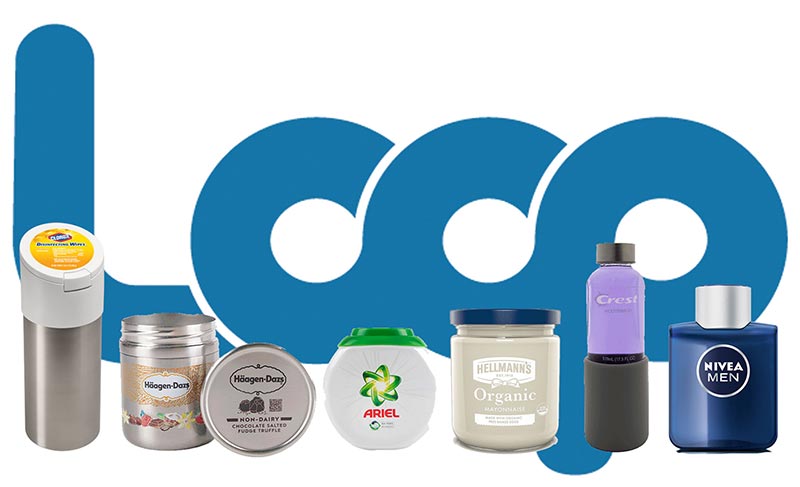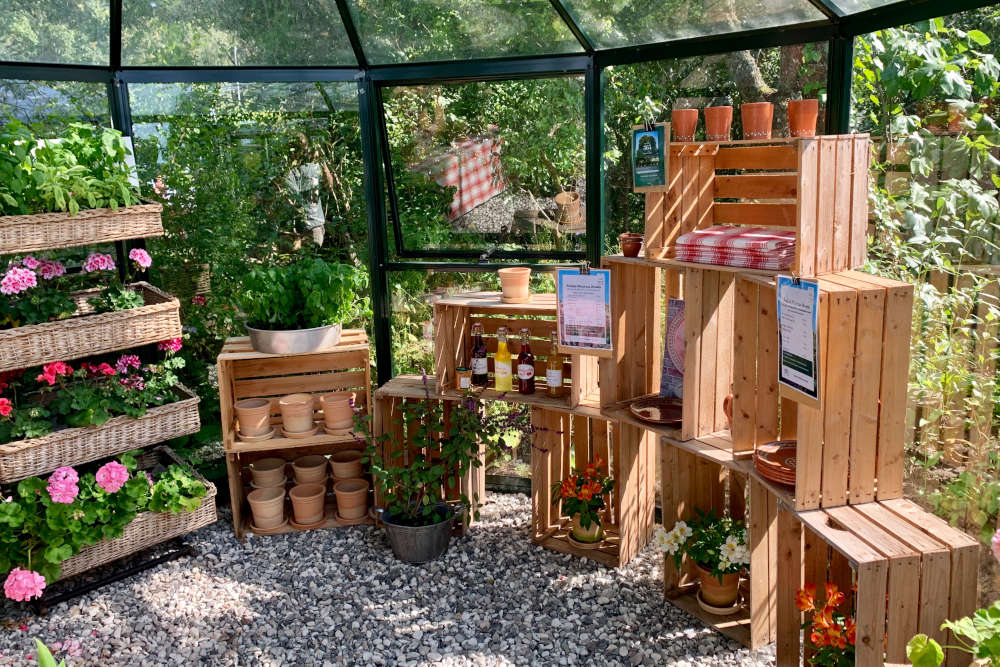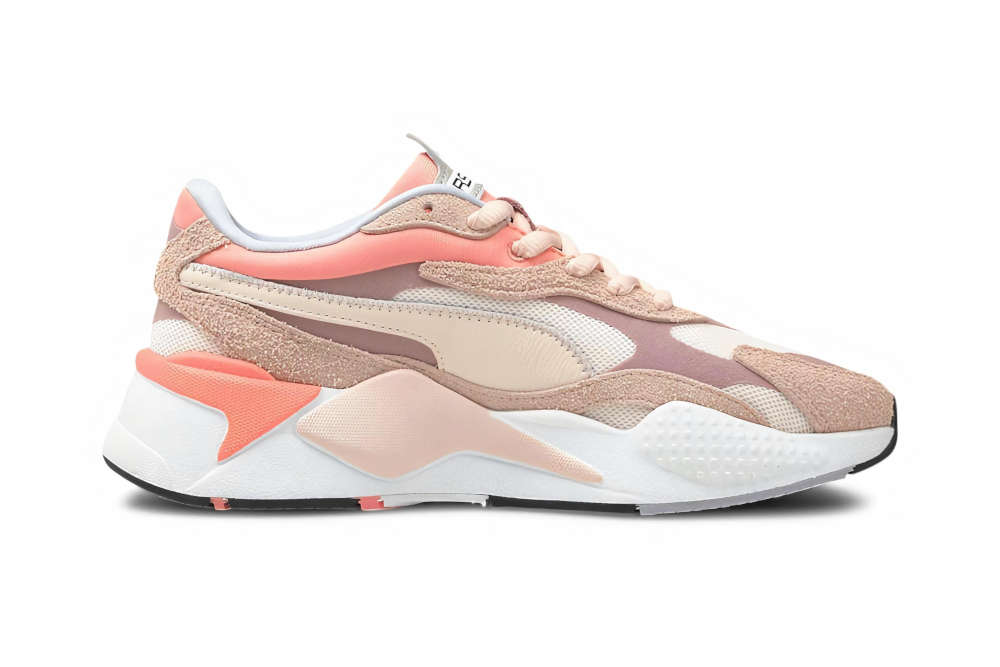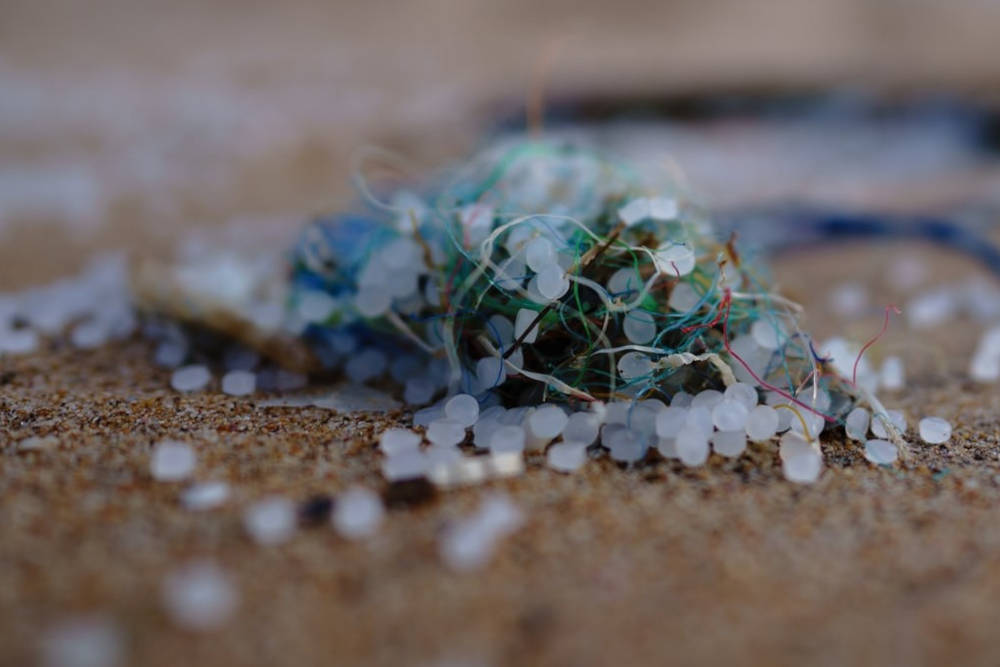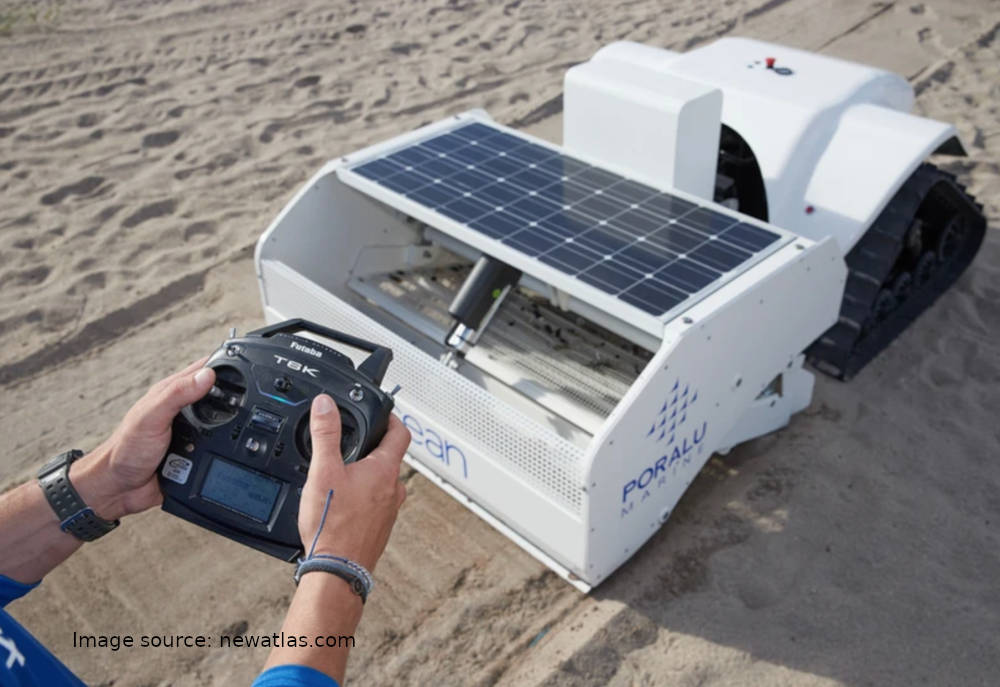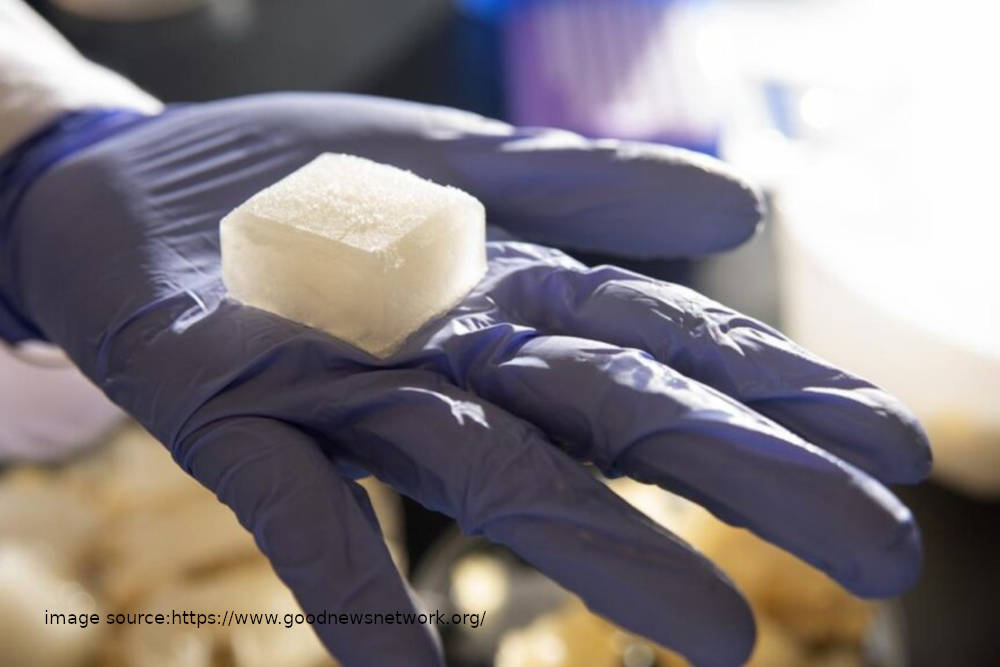Fighting pollution with the “milkman” concept
- Home
- Swallow Green
- Fighting pollution with the “milkman” concept
Fighting pollution with the “milkman” concept
- access_time21 July 2020
- account_circleSwallow Green
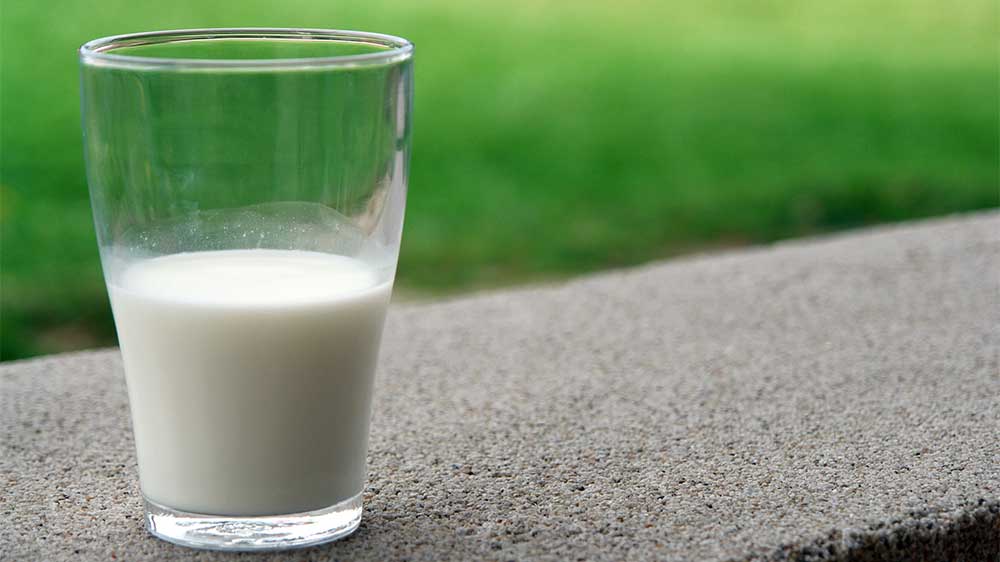
For many young Americans, the idea of a ‘milkman’ is a completely distant and unusual concept. But if you were part of the middle class in the 40s, 50s, and 60s, you likely saw a truck dropping off fresh bottles of milk on your porch—and you would leave empty ones outside to be picked up every day. It was very convenient—and, better yet, there was very little waste generated by this.
With tons of plastic containers overrunning landfills, an innovative partnership of a few consumer brands brought the milkman idea of circulating containers back into the public eye.
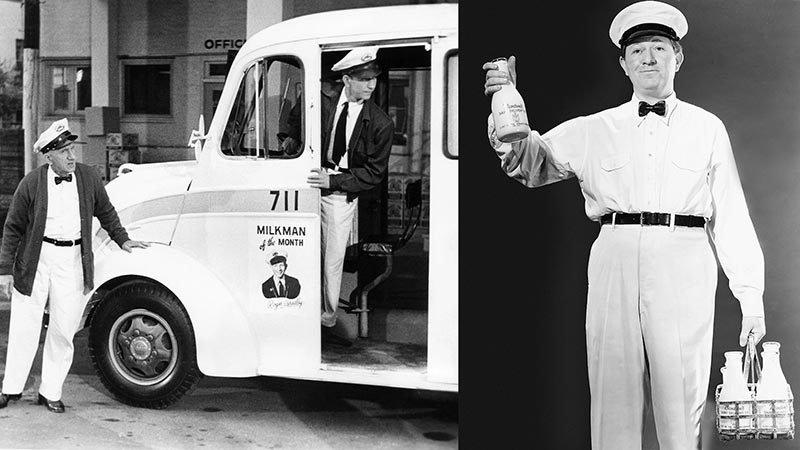
Image source: globalnews.ca
Loop launched in Paris and New York in late 2018 as a company that ships customers their favorite products packaged in reusable stainless steel and glass containers, only to be collected later for cleaning and refilling, just like in the olden days.
“Loop teamed up with some of the largest consumer industry participants in creating eco-versions of hundreds of popular products like Tropicana, Haagen-Dazs, or Hellmann’s mayonnaise; cleaning products like Tide and Clorox wipes; and skin and hair care essentials like deodorants, from companies like Dove, Pantene, L’Oréal, and Crest. Procter & Gamble, Loop’s biggest partner, which also owns a 2 percent stake in the enterprise, tapped into 10 of its most iconic brands as part of the Loop 2019 launch, including Ariel, Cascade, Crest, Febreze, Gillette, Pantene, Pampers, and Tide”
according to GreenBizIn the US, these refillable products are available at Kroger and Walgreens, in addition to the online Loop store, and the cost was kept to a similar level as their plastic counterparts, except for the cost of a deposit.
In France, where Loop has partnered with Carrefour—one of the largest grocery chains in Europe, consumers have to pay a small deposit on the items purchased, in case the packages aren’t returned later. This includes small bottles, where a deposit might only be a few cents, or large tubs that might contain laundry soap or paper towels.
Image source: www.greenbiz.com
When asked about the hefty carbon footprint of shipping the products all over the country and then shipping them back for washing and refilling, Loop’s founder, Tom Szaky, explained that if you add up all the energy and shipping it takes to create and distribute plastic, the carbon footprint is cut nearly in half—plus you are tackling the plastic problem at its source, which is a more pressing issue at the moment.
Perfect solutions do not yet exist, but we argue that any step in the right direction, such as this one, is more than welcome. Furthermore, as drone delivery technology is becoming more and more feasible in major cities, delivery will become much cheaper and energy efficient. Let’s hope that in the next ten years thanks to companies like Loop, all the benefits of the friendly neighborhood milkman will be resurrected to create a healthier planet for us all.


